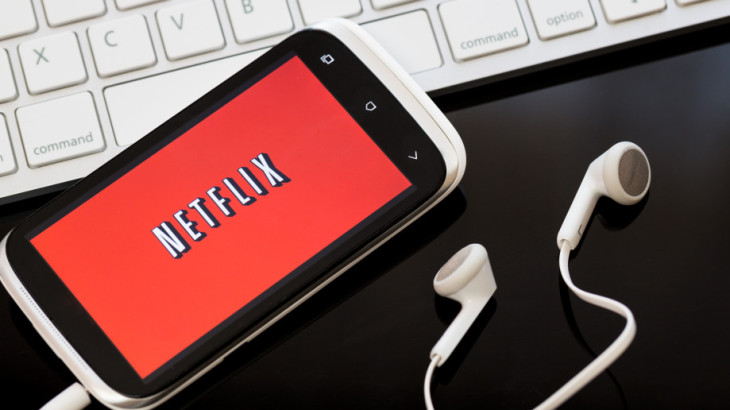Anyone who has used Netflix for a while will be aware that movies and shows come and go with little warning and no explanation. Really, it’s not so mysterious. As the licenses for the site to host various productions expire and get renewed, they are removed and then periodically reinstalled. But some people are now noticing that the soundtracks to TV shows available on the service are being changed, and very few of those people are happy about it.
The main offenders are shows that aired prior to the advent of streaming services like Netflix; Scrubs, Queer As Folk and even Charmed have all be well noted by fans. In most cases it seems that the original music has been replaced with “knock offs”, which aren’t much more than a sonic nod to what was there before. Reddit hosts a number of discussions around this topic, where the general consensus is annoyance, and confusion.
Particularly in the case of QAF, with redditors claiming the show’s original music as an inextricable part of it. One commenter cites the show’s groundbreaking status as a show which “changed the face of the lives of gay and lesbian people”, and the songs that accompanied the visuals as becoming the actual soundtracks of many people’s lives. Another described the Scrubs soundtrack as one of the shows “main characters”.
As someone who works as music supervisor, on the one hand it is amazing, and even heart warming, to see so many people taking such a definite stance. For people to sincerely value music in productions, and to express that those songs did in fact reach them in a way that supervisors can only dream of, is incredible.
On the other hand, music licensing is a bitch. Contrary to popular belief, songs are not only costly to license to a production, but also complicated. It’s not simply a case of calling up Heather Small and asking if she’s cool with Proud playing out across a scene; a production needs permission from whoever holds the master rights, usually a label, and also the permission of the publisher.
And these are corporations, not artists. They are not just one person, and they are looking at a business deal – not your beautiful concept of the perfect soundtrack. They want to know what territories, what media, audience reach and for how long. And every extra will cost you, which is why pretty much no one licenses in perpetuity – or forever.
I have actually attempted to license a song from a TV show myself. After an exceptionally long online investigation to trace members of a now disband group, their representation and the rights holders, I found that the track was exclusively owned by the BBC. They had aired the show, and I was told that they absolutely do not relicense songs that they own. Not for anyone.
Queer As Folk ran from 2000 to 2005, while Netflix launched in 2007 and has only reached global proportions in the last couple of years. The original licenses that allowed QAF to use the songs featured in the show would not have covered streaming, which is another reason you cannot license for an unspecified term. No one knew that streaming would happen, so no one will pay that much money for a license that will probably become redundant as technology moves on. Imagine paying out an infinite license fee for VHS? Pointless.
Interestingly, accidentally running an internet search for “Netflix music licensing” threw up a lot of ads for available jobs. Music licensing as an industry has grown exponentially in importance as the digital world has changed how we consume media. Perhaps Netflix is playing catch up as well?
In my experience there is still very little understanding of how it all works across industries who are in fact liable for the use of recorded music, and the main point of contention is often cost. “Exposure” is no longer seen as a viable return, especially not for tracks released years ago, by artists who won’t sell records or tickets off the back of it. Negotiating payment is hard enough, to renegotiate is even harder, especially if the original contract was made between people who are no longer around.
In a way, I feel like this brings us back to the “catch 22” that haunts music consumption generally these days. The conflict of demand versus what people are willing to pay; it’s no secret that the music industry has floundered in recent years, trying to make a rise in consumption add up to a rise in profits. People claim to love music, but don’t want to pay for it.
Services like Netflix are also a very cost effective way to access so much visual media, so can we complain that what we get a “cheap” version? The only feasible reason for a streaming service to change a soundtrack would be because they were unable to acquire the appropriate licenses, and the most likely reason for that would be that they couldn’t afford it. So it’s all very well to be up in arms about missing out on the original music you loved so much, but the question is are you willing to pay extra to get it back?
Image: Midem Blog

